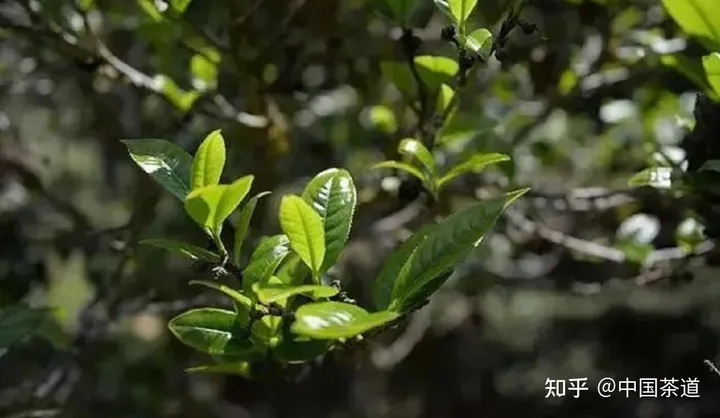Those who have some knowledge of white tea have probably heard this popular saying: "White tea is a tea in a year, a medicine in three years, and a treasure in seven years." I believe this slogan is still very attractive and seductive. But is this slogan just a marketing tactic or is there something deeper behind it?

About six or seven years ago, I visited Fuding and asked this question to a white tea expert, Mr. Ye, a national white tea heir. With a bitter smile, Mr. Ye replied, "Who has time for marketing? Fuding is located in the southeast of China and is naturally remote. We have many mountains and scattered villages. In the past, there might not be a doctor within ten or twenty kilometers. When old people or children fell ill at night and could not call a doctor by crossing mountains and hills, they had no choice but to boil old, unsaleable white tea leaves and drink them. The sick people drank this herbal tea, sweated profusely and felt better. Later, some well-meaning people in the mountains summed up that older white tea had better effects. So this saying was passed down from generation to generation."
It is not known exactly when this phrase originated, but it is a known fact to all Fuding residents that old white tea has beneficial effects.

So, what years of tea are considered old?
Currently, there is no uniform definition. Most online opinions believe that Shoumei (Gong Mei) tea aged for more than three years can be considered old white tea. However, Mr. Ye believes that for the processing of Shoumei "coarse and large" tea leaves, three years is still too young. His criterion is more than five years. In this, I fully agree.
I have always thought that the experience passed down from generation to generation is a fundamental part of the treasure of traditional Chinese medicine. I believe that there are many seemingly unfounded but mysterious claims, simply because we have not yet found a way to verify them. Even if they are disproved, it would still be useful!
In fact, there are many scientific research institutions in our country that are studying tea scientifically. A team from the Tea Research Institute of the Chinese Academy of Agricultural Sciences conducted multidimensional experiments on white tea samples of different years and varieties between 2010 and 2013, analyzing parameters such as withering time, temperature and humidity, and drying time. In 2017, the team conducted further research based on the seven-year-old study on old white tea and discovered a compound characteristic of aged white tea - "white tea ketone".
"White tea ketone" is recognized by the scientific community for its remarkable antioxidant, antihypertensive, blood circulation-enhancing, and anti-inflammatory properties. The discovery of "white tea ketone" partly explains the Fuding folk saying about the "seven-year treasure." Of course, it is important to emphasize that old white tea is still a beverage, not a medicine.
In short, old white tea has benefits, and the Fuding folk saying about "seven-year treasure" has a scientific basis. However, it is always important to carefully and objectively evaluate the claims regarding the properties of white tea and other beverages, and take a balanced approach to health and wellness.










